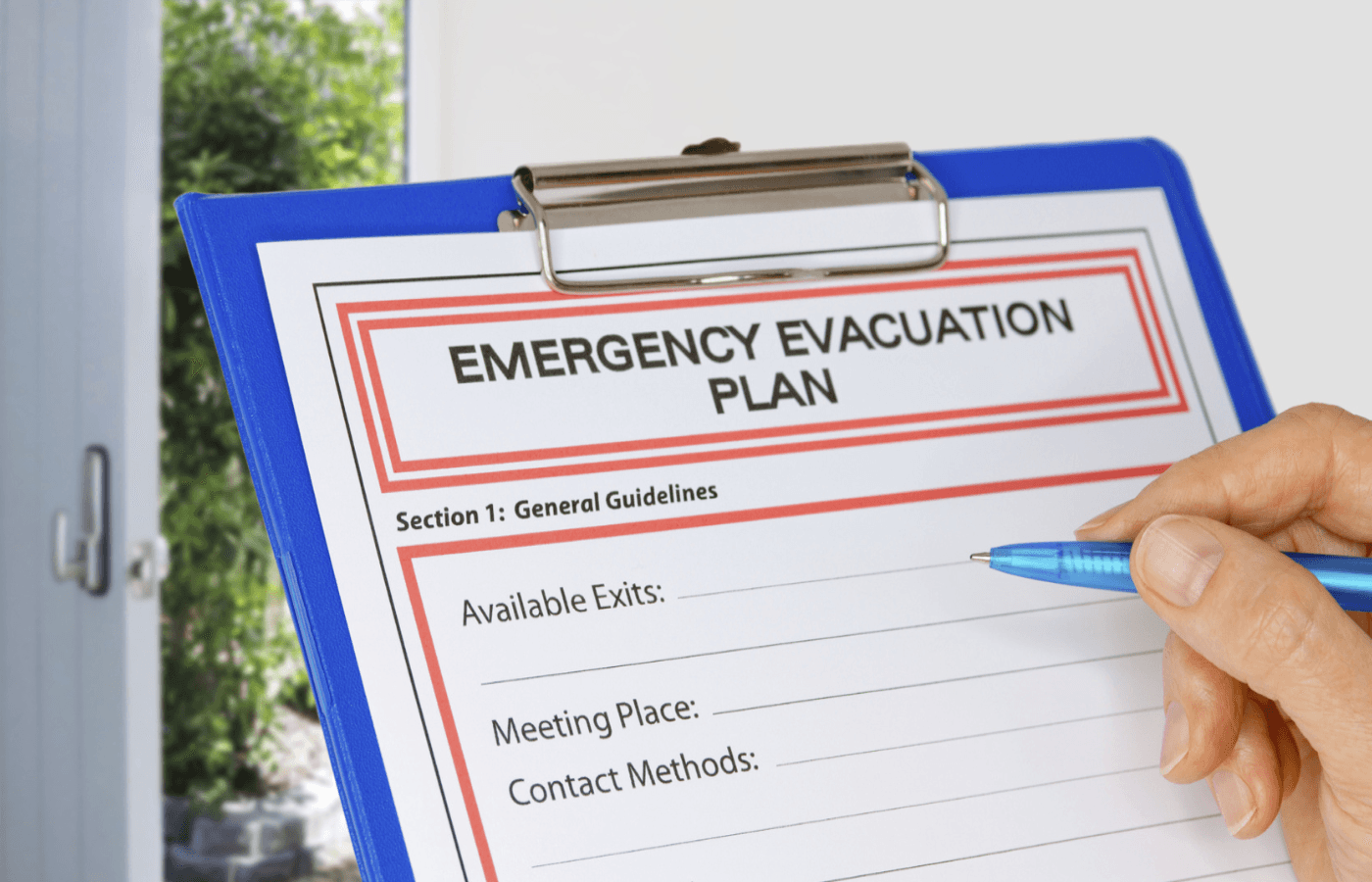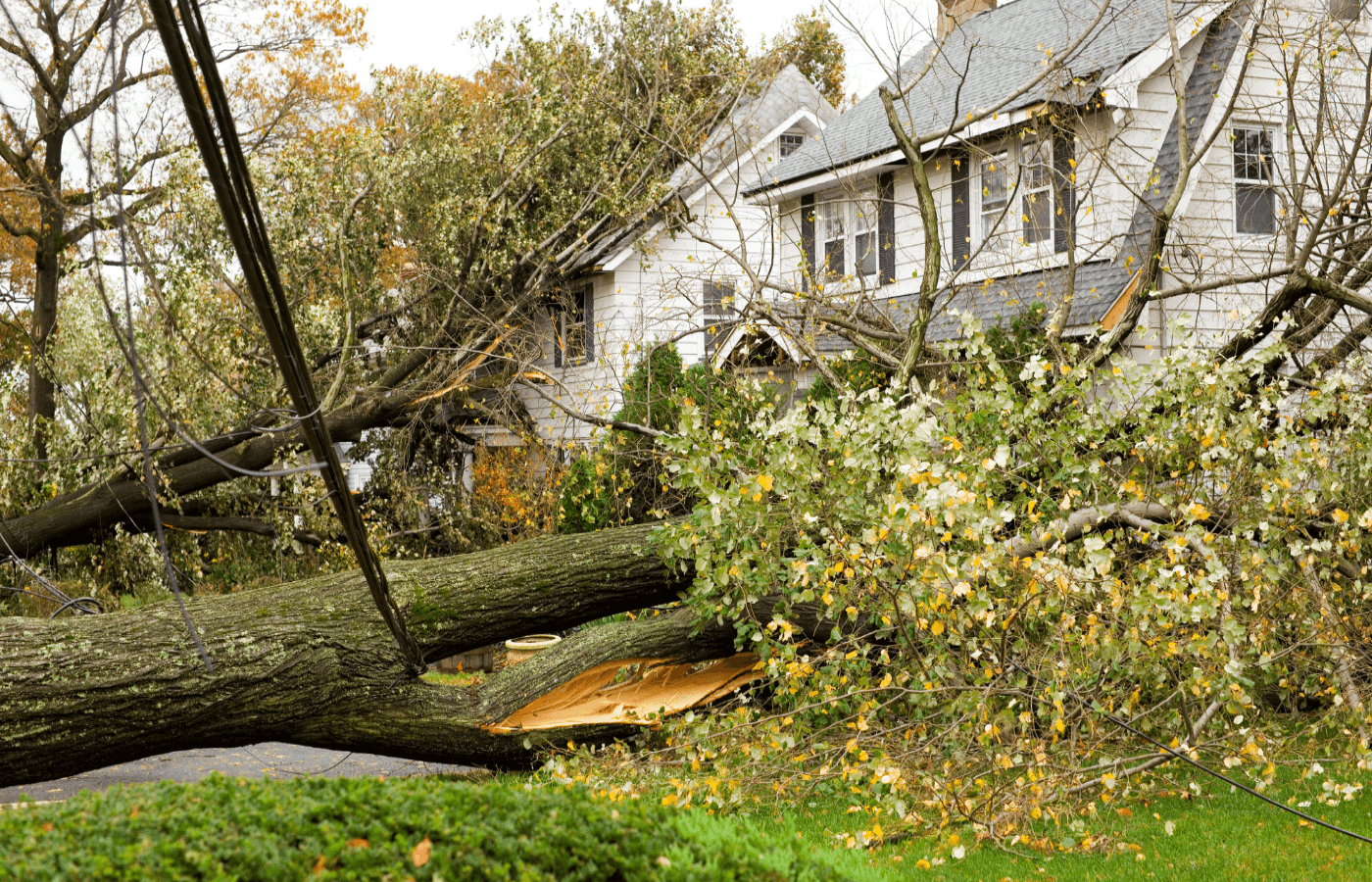At some point, you may end up in an emergency situation. If that happens, you want someone you know and trust making decisions on your behalf. That’s why it’s important to carefully consider who you list as an emergency contact, and also their age. Is it legal to list a minor as a contact?
This guide explains the rules and requirements around listing emergency contacts, the benefits of listing someone who’s over 18, and how you can use Trustworthy to share essential information.
Key Takeaways
No laws dictate who you can or can’t list as your emergency contacts, which means it’s possible to list a minor if you want to.
Some institutions like the DMV have their own requirement that an emergency contact is over 18 years old.
Generally speaking, listing an adult as your emergency contact is advised so they can make legal decisions on your behalf in the event of a real emergency.
Are There Any Laws That Say Who You Can List As an Emergency Contact?

No federal laws dictate who you can or cannot list as an emergency contact.
But that doesn’t mean there are no rules when you list individuals as a point of contact in case of an emergency.
Andrew Pickett, a trial attorney at Andrew Pickett Law, explains:
“Institutions may have their own policies regarding this. For example, some workplaces or schools might require the emergency contact to be someone capable of making decisions on your behalf, such as a parent, spouse, or legal guardian.
But ultimately, it is up to the individual to decide who they feel comfortable listing as their emergency contact.”
Is It Okay to List a Minor as Your Emergency Contact?
Technically, you’re allowed to list a minor as an emergency contact in many scenarios.
If you sign up for some sort of event or fill out a new customer registration form, it might simply ask for the name and phone number of someone you trust. The individual’s age is irrelevant.
However, according to Ryan D. Byers, an attorney at Rammelkamp Bradney, listing a minor as your emergency contact might not be the smartest move. He advises:
“Ideally, your emergency contact should be somebody who has legal authority to make decisions on your behalf, such as a person that you have named as your representative under a power of attorney.
This is because, in many emergency situations, you will be incapacitated and unable to make those decisions, and listing an emergency contact who has that authority will be more efficient, as the point of contact will be able to make those choices while you are incapacitated.”
Because minors can't enter into contracts or make binding legal decisions on your behalf, they probably can’t support you in the event of an actual emergency. The best they could do upon learning of your situation is to call someone else for help.
That’s why some individual and government institutions impose an age requirement when you’re filing someone as an emergency contact.
For example, you can list an emergency contact with the Oregon Driver & Motor Vehicle (DMV) Services to sit alongside your driver’s license. Although no federal laws prevent listing a child as a driver’s emergency contact, the DMV imposes its own rules.
To be listed as a driver’s emergency contact in Oregon, you must be at least 18 years or older.
If you’re under 18, at least one of the emergency contacts you list with the DMV must be your parent or legal guardian. The same rules apply in Virginia.
You may run into similar situations or set-ups at several organizations.
That means you should always do your best to have a legal adult you trust and feel comfortable with listed as your emergency contact. This streamlines the various registration processes and ensures you’re always in safe hands if the worst happens.
Ensuring Your Emergency Contacts Have the Information They Need

Since there are no legal requirements surrounding who you list as an emergency contact, technically, you don’t even need to tell the people you list that they’re your emergency contacts.
However, it’s advisable to let your emergency contacts know you plan on listing them so you can discuss or share any relevant information early on.
Why? Let’s say you’re in a car accident.
As your first point of contact, the person you list may speak with your doctors, make decisions on your behalf, or ensure your wishes about future medical treatment are honored.
For example, maybe you don’t want a certain family member to be notified if you’re hospitalized. You need to communicate that to your emergency contact ahead of time so they ensure the hospital knows that.
Likewise, you may have allergies that medical staff need to know about. To ensure your trusted emergency contact can make all the right calls, fill them in on everything they need to know. It helps to give them access to any relevant documentation, too.
That’s where Trustworthy can offer major support.
Trustworthy is a dynamic Family Operating System® that lets you securely create, store, and share digital copies of all your essential family information. That includes everything from passports and property deeds to medical records, your will, or medical power of attorney.
AES 256-bit encryption protects all the digital documents you store on Trustworthy, but you can also collaborate with people in your life to share access to certain documents as and when required.
That means you can invite your emergency contacts to view certain medical documents, contacts lists, or even your will to ensure they have all the important information they need to make the right decisions if you’re unable to.
Check out Trustworthy’s wide range of features to discover how to use our Family Operating System® to keep your loved ones in the loop.
Frequently Asked Questions
Can an Emergency Contact Be Under 18?
It depends. There are no laws against using an emergency contact under 18, but some organizations require your emergency contact to be a legal adult.
Do You Need Consent To Make Someone an Emergency Contact?
Technically, no. No federal law demands you inform someone to list them as an emergency contact. But by letting them know ahead of time, they’ll be in a better position to make good decisions on your behalf.
Can You Put a Friend As An Emergency Contact?
In most cases, yes. Many organizations will allow you to list anyone you choose as your emergency contact — including a friend, neighbor, roommate, or coworker. But if you’re under 18, you’re typically required to list your parent or legal adult.
We’d love to hear from you! Feel free to email us with any questions, comments, or suggestions for future article topics.
Trustworthy is an online service providing legal forms and information. We are not a law firm and do not provide legal advice.














